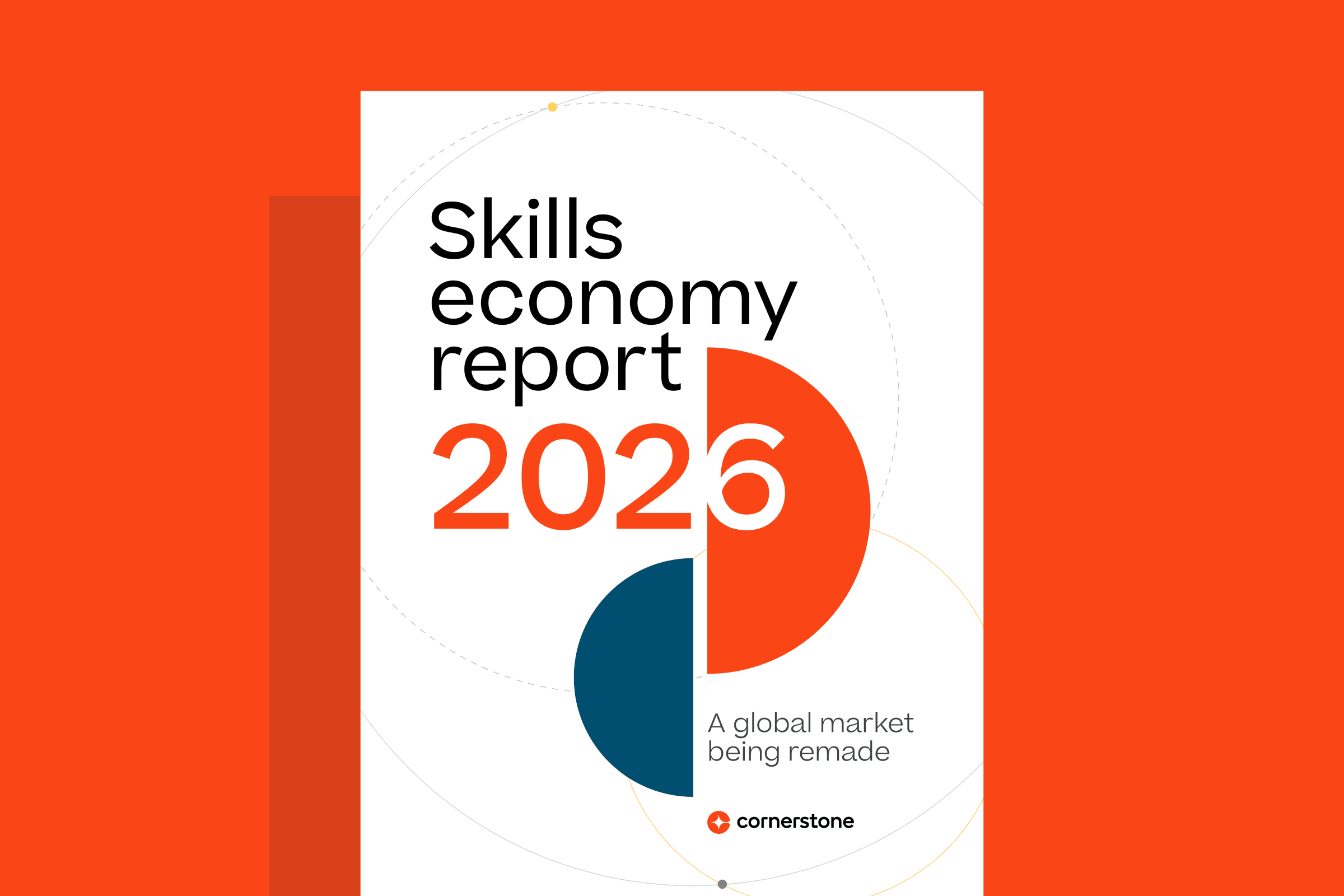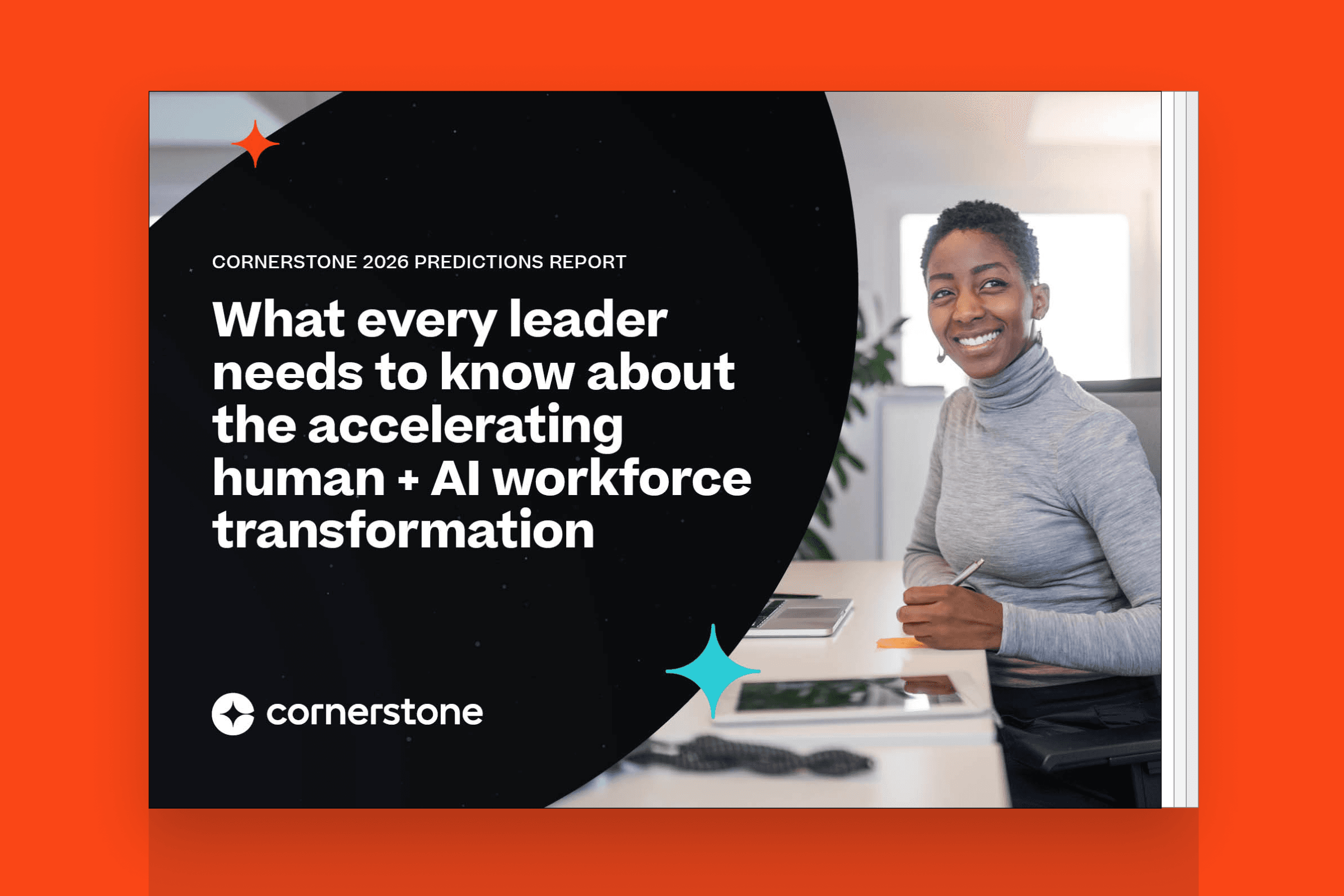Meaning: a word that can typify several things. The classic definition of this word is "implied or explicit significance" or "important or worthwhile quality; purpose."
Digital transformations are effectively reshaping the very nature of work: From the rise of automation in the workplace to the introduction of new advanced technologies, these changes are either confirming some of our traditional business models, or forcing their collapse. Amid so much volatility, employees have felt insecure about the future of their roles for quite some time. The onset of the COVID-19 pandemic has exacerbated these feelings of instability and unpredictability. Even now, decisions about return-to-office plans and the need for new roles to fill in key skills gaps remain in flux.
In a previous post I spoke of the Cornerstone People Research Lab (CPRL) findings around what we termed "the confidence gap" between employers’ and employees’ perception of their future of work preparedness. In this research, CPRL confirmed what we believed to be true: Employee nervousness and anxiety is on the rise in these uncertain times.
We explored the reasons behind that gap in another recent global skills survey of 1,000 employees and 500 C-level executives and HR managers from around the world. Here, CPRL found that almost half of employees (47%) are concerned that their role will change significantly in the next few years. Additionally, 30% of employees worry that their jobs won’t even be needed in the future. Our research also found that a lack of confidence among employees is pretty common: 21% of employees are concerned that their role will become too digitally technical, 20% are worried that their role will be filled by a more qualified candidate, and 18% believe their job will be automated by a machine.
Amid so much uncertainty, talent leaders are faced with the challenge—and opportunity—to make sure that employees find the time and motivation to learn, consequently quelling those concerns about their role changing and making them feel more valued at work. Through upskilling, reskilling, and new-skilling initiatives, both are possible.
Finding Meaning in Daily Work
Employees are not only in need of more confidence—they want purpose as well. They want to know that what they do everyday matters and has an impact. In our survey, we found that 66 percent of employees said meaningful work is important when choosing an employer.
But what does this "meaning" actually look like in practice?
Our findings suggest that it’s about creating and promoting a sense of purpose and connecting daily work to the organization’s broader mission, vision, values and current climate. Clarity of purpose is central to connecting people to mission. To achieve this, talent leaders can invest in helping their employees feel understood—whether that involves promoting regular conversations with managers about personal and professional growth goals, creating a sense of belonging by valuing and celebrating uniqueness or ensuring overall well-being through health and wellness programs.
Why a More Human Approach Is Good for People and Good for Business
Proactive innovation and creativity happens when employees feel valued, understood and prepared. If talent leaders treat employees as unique individuals with different strengths and skills, and take a more personalized approach to learning and development, that sense of being valued will follow—and help employees thrive and adapt.
Not only does this strategy help boost employee morale, it’s a smart business move, too. When employees feel supported and excited about their work, they’re more likely to tap into their skill set, collaborate with others and reach their full potential. It is this flywheel effect that is the accelerant to the organizational outcomes. And this isn’t just the case for current employees—it also affects prospective employees as well because a learning culture can attract and retain top talent.
Where Meaning Meets Motivation
Finding meaning in work isn’t just a way to get by during trying times or avoiding employee burnout—it’s about making sure your employees are motivated to innovate, create, and propel the business forward. Creating clarity, and demonstrating action against that set of needs helps all of us connect to meaning. And although it might feel more critical in 2021, it’s not just a trend. Whether we’re talking about tough times, new normals or next normals, or some yet undefined term, finding meaning in work is paramount to the success of your business and the well-being of your employees.


